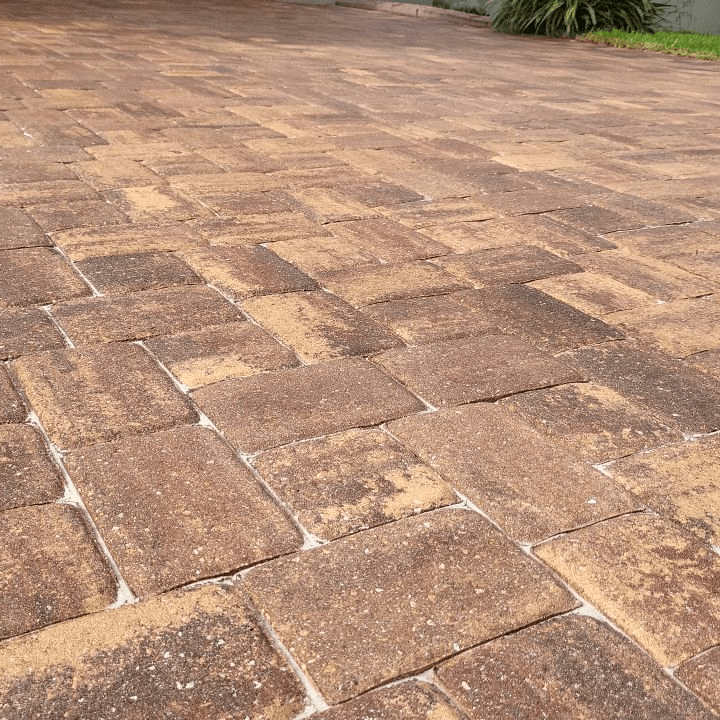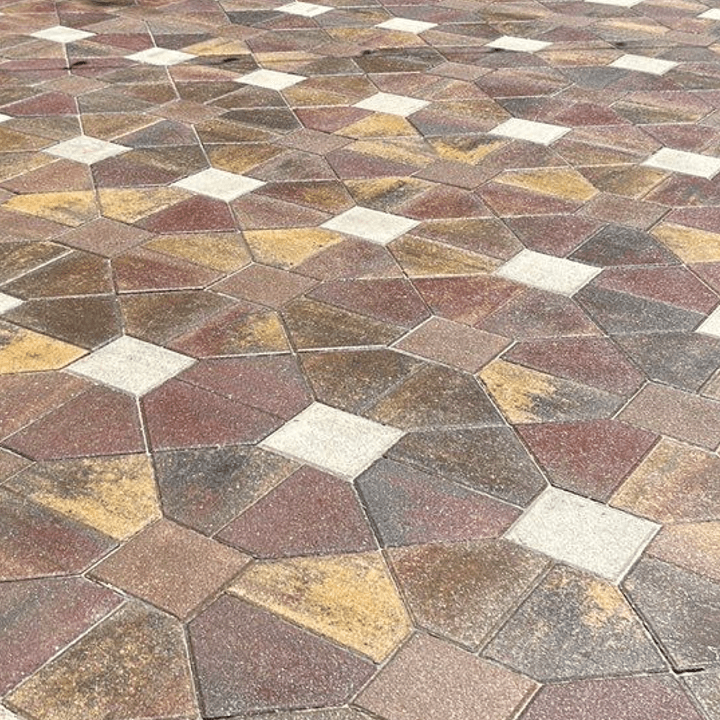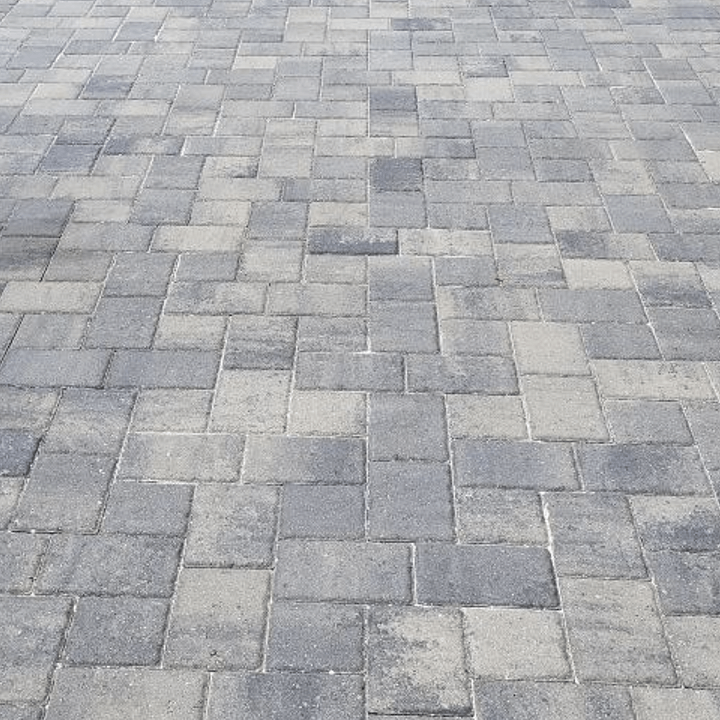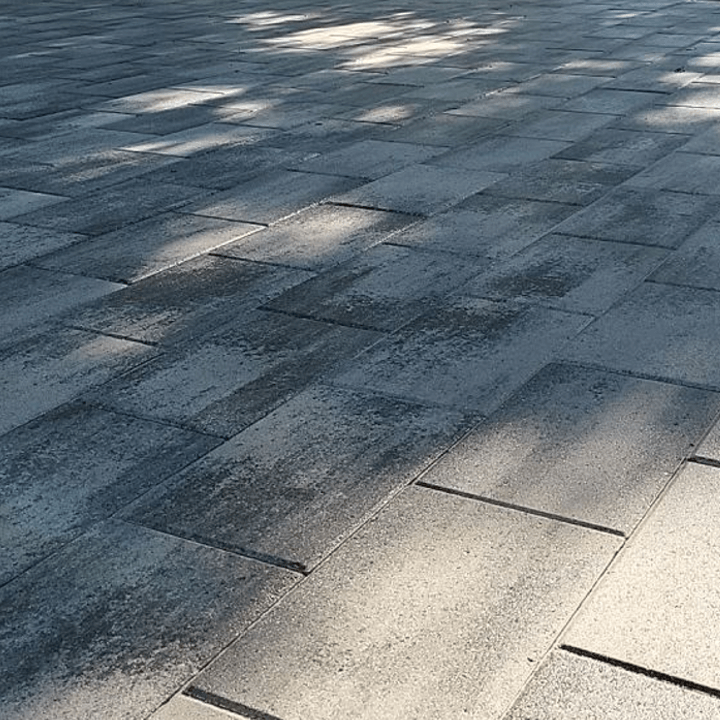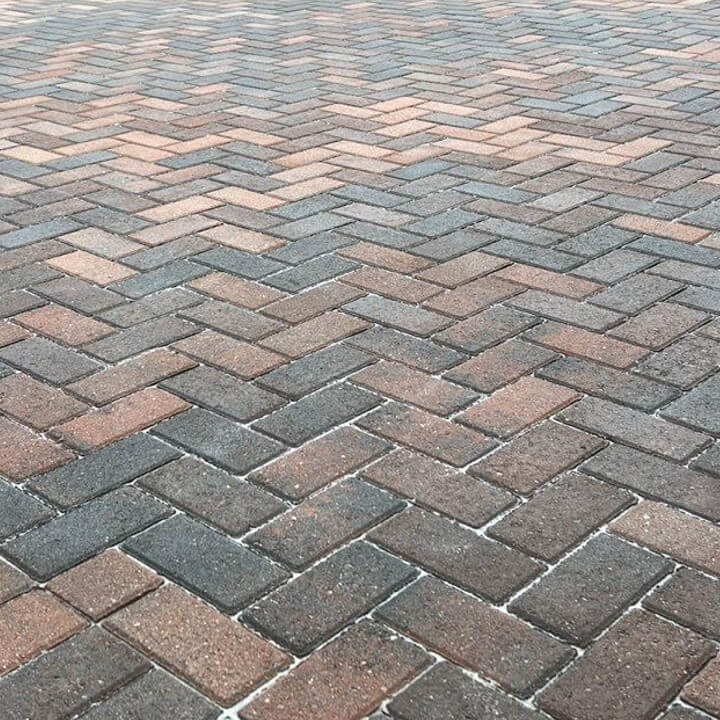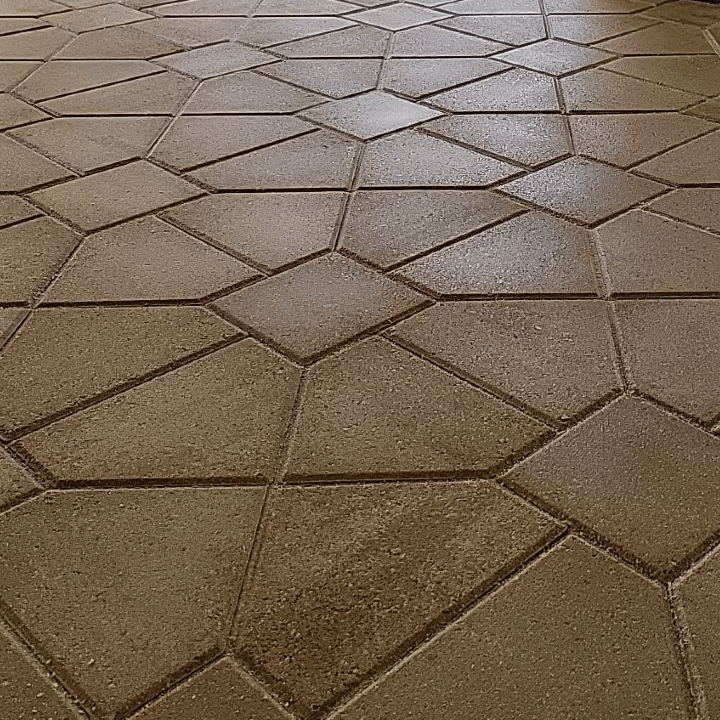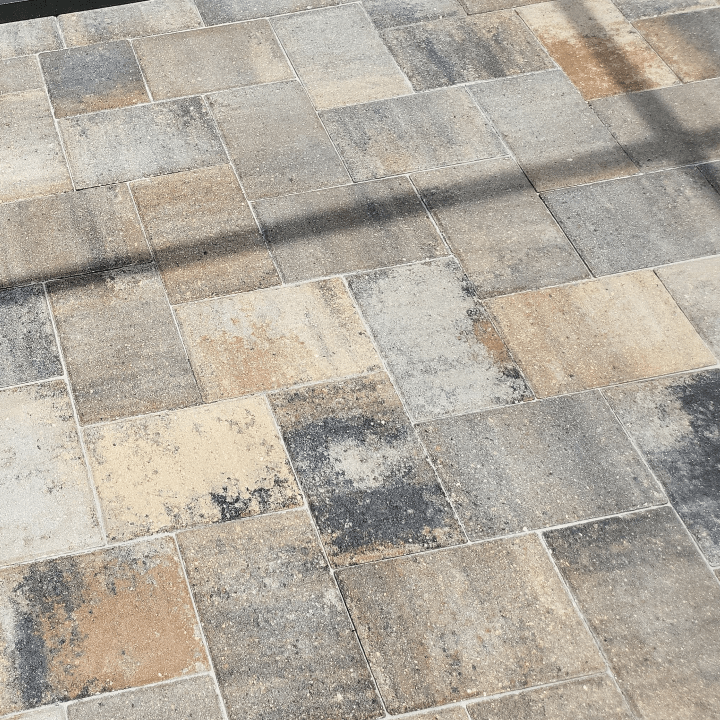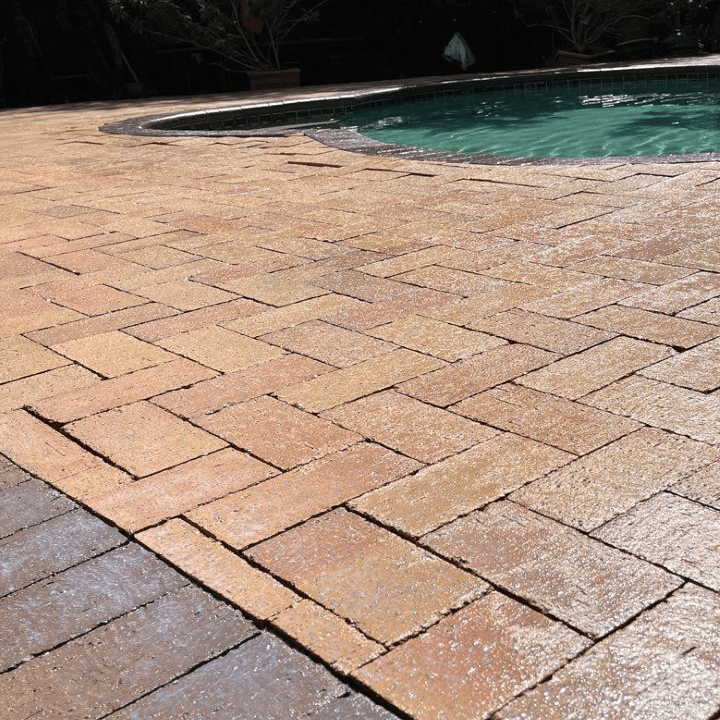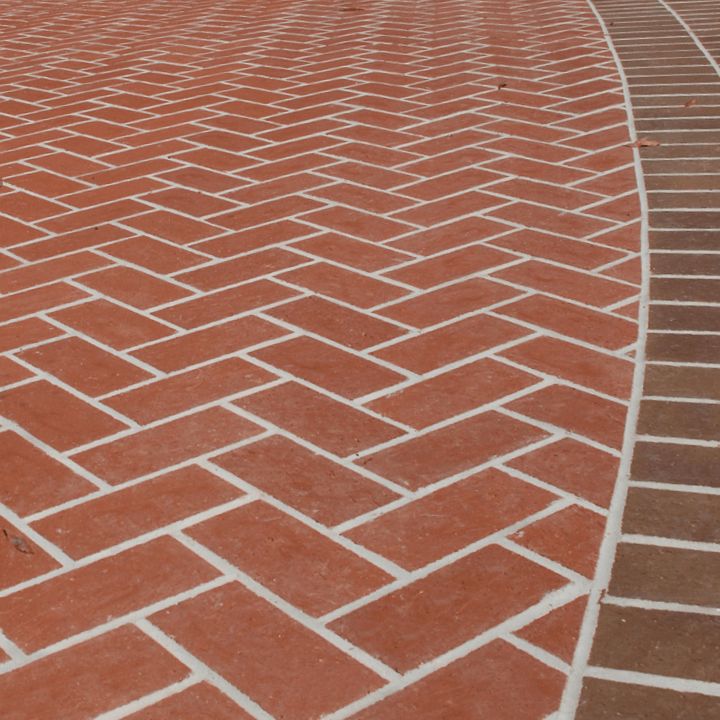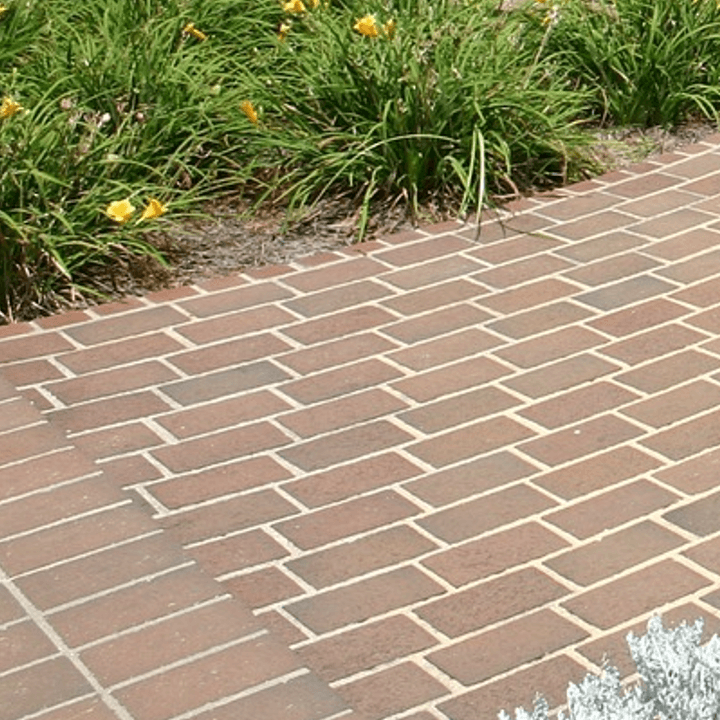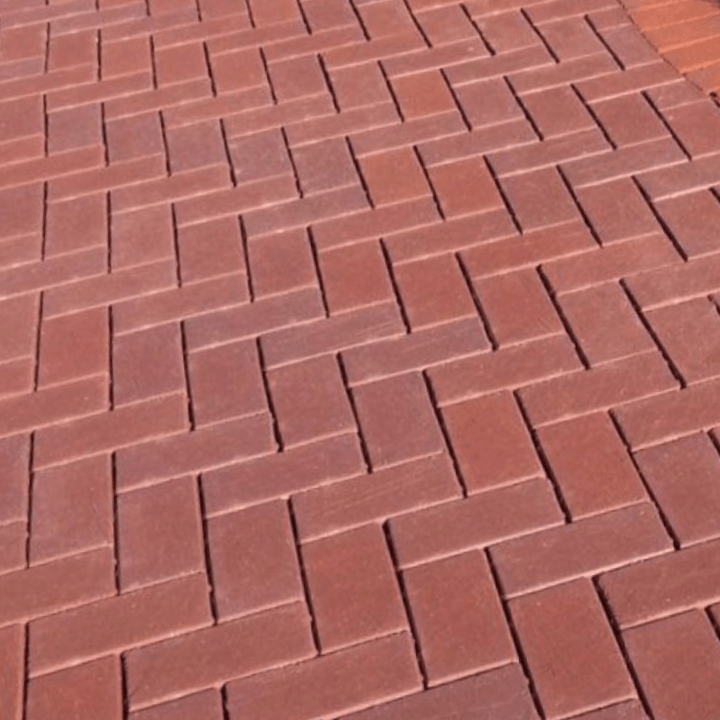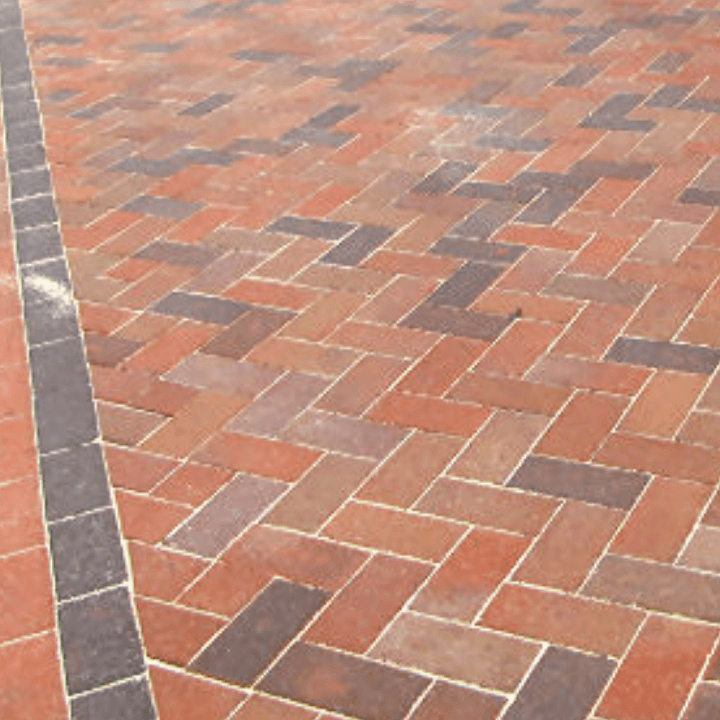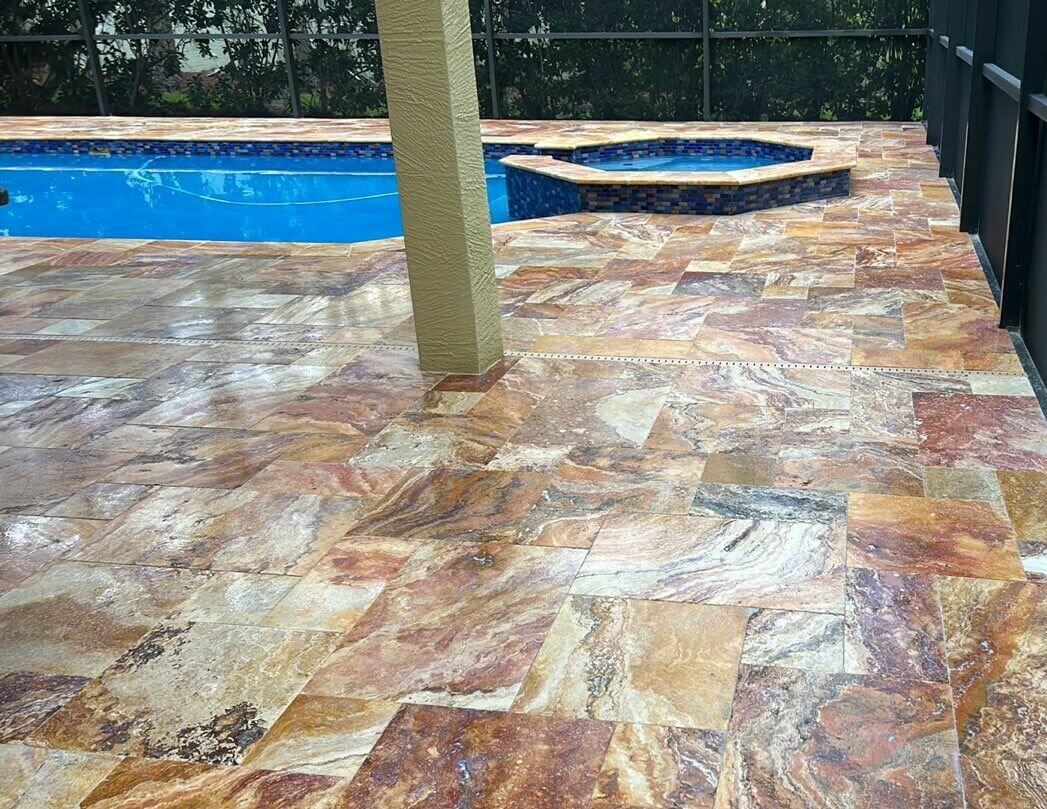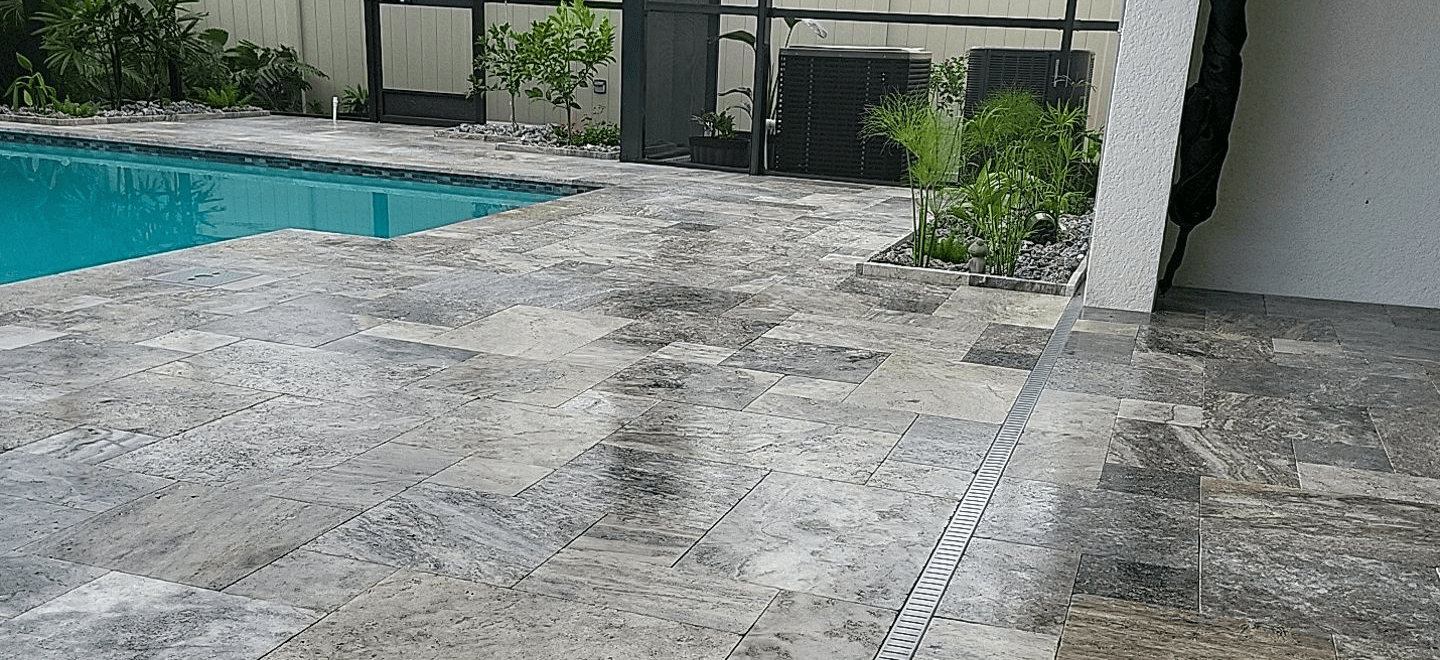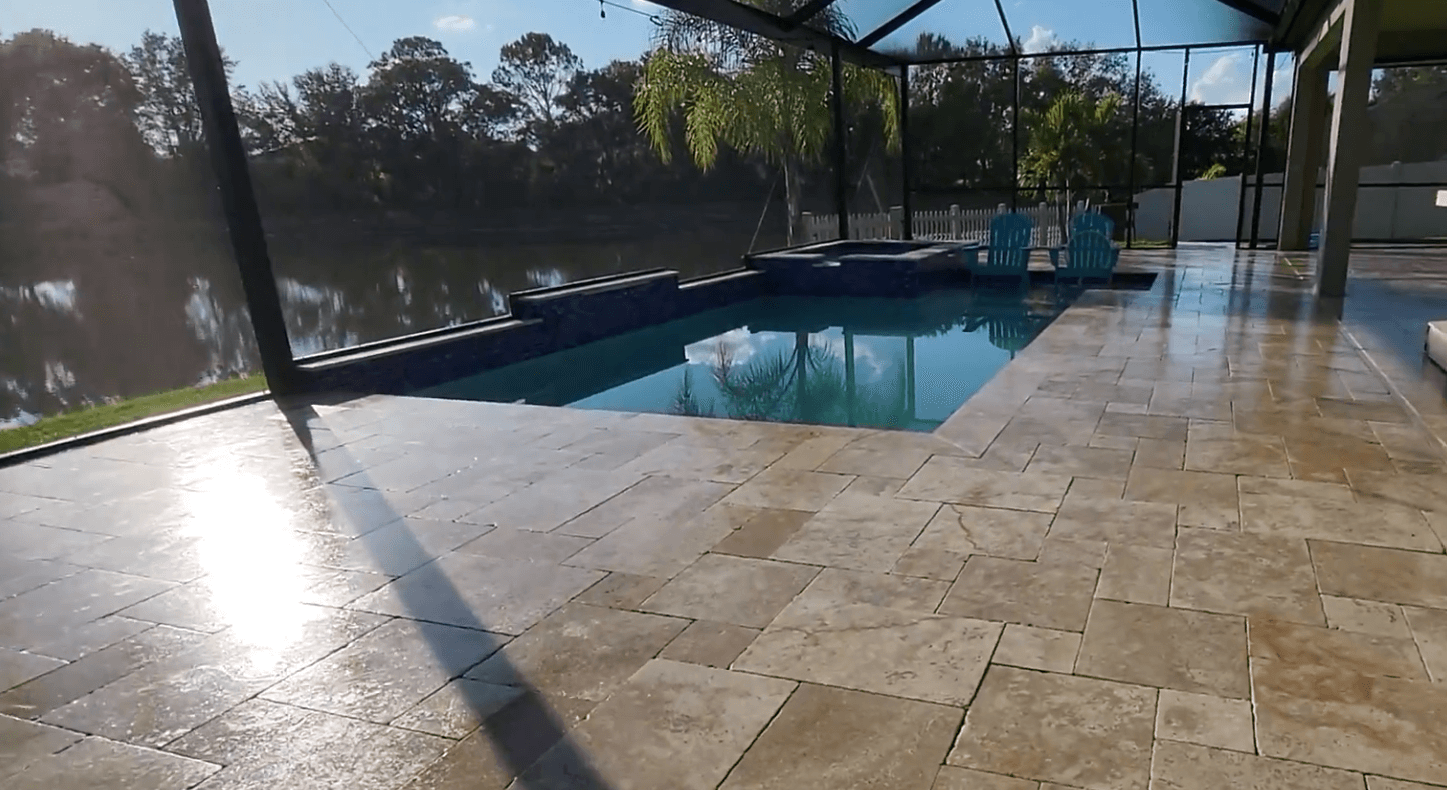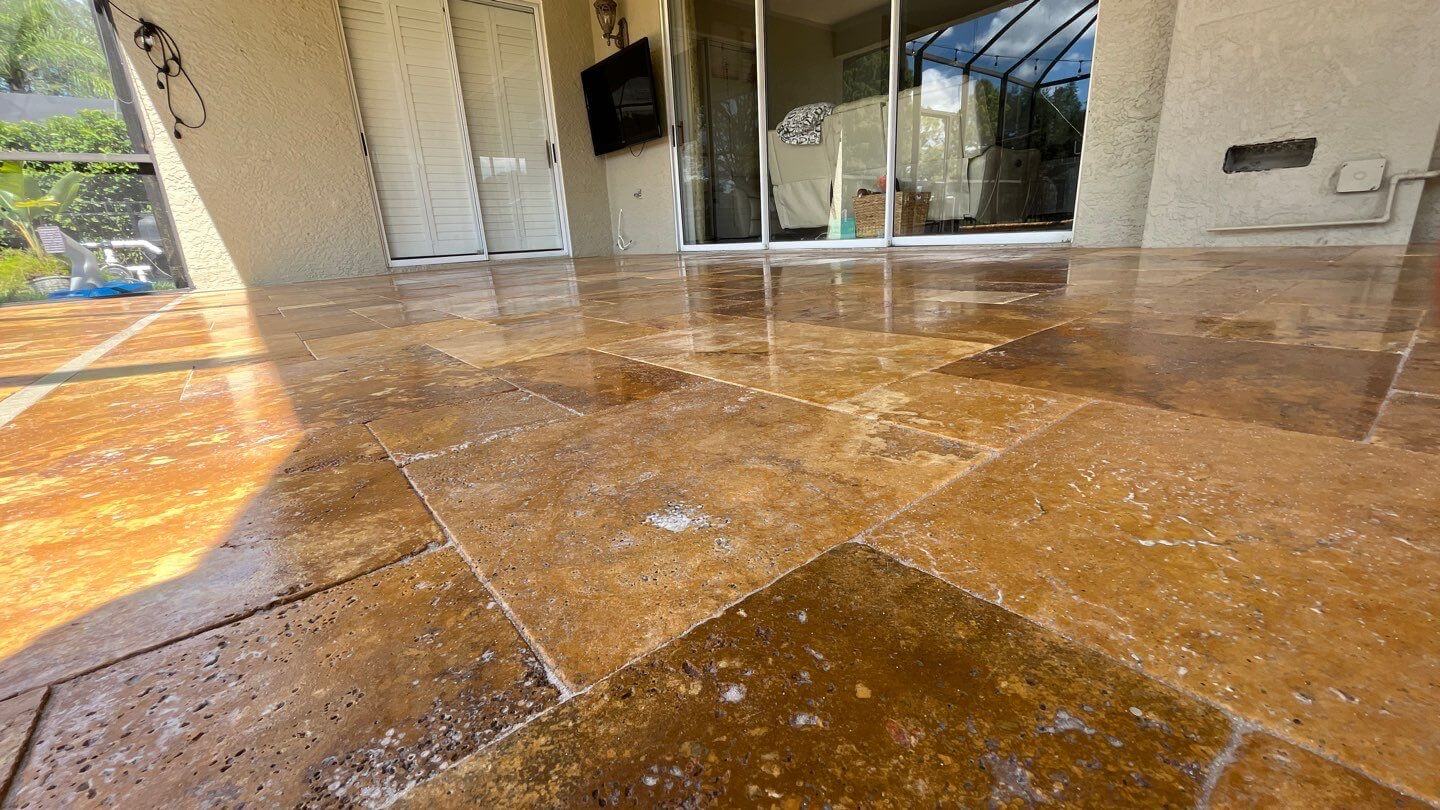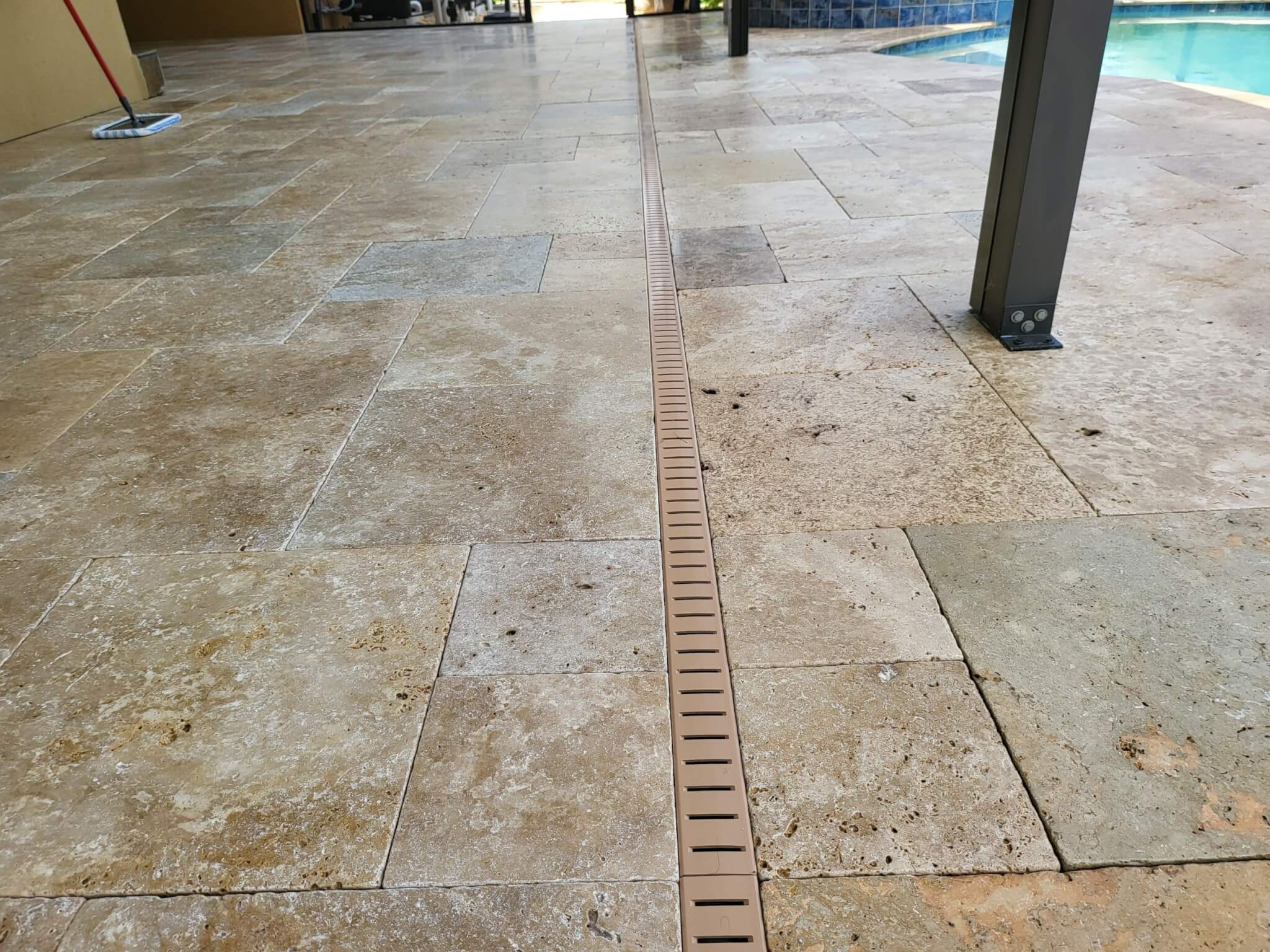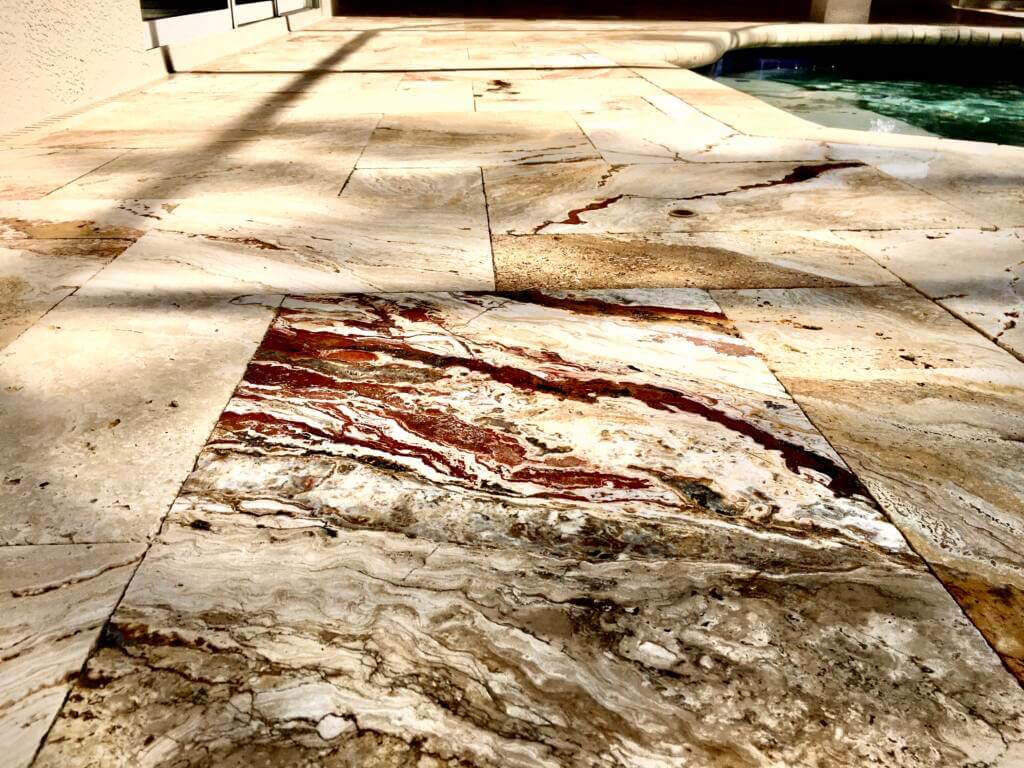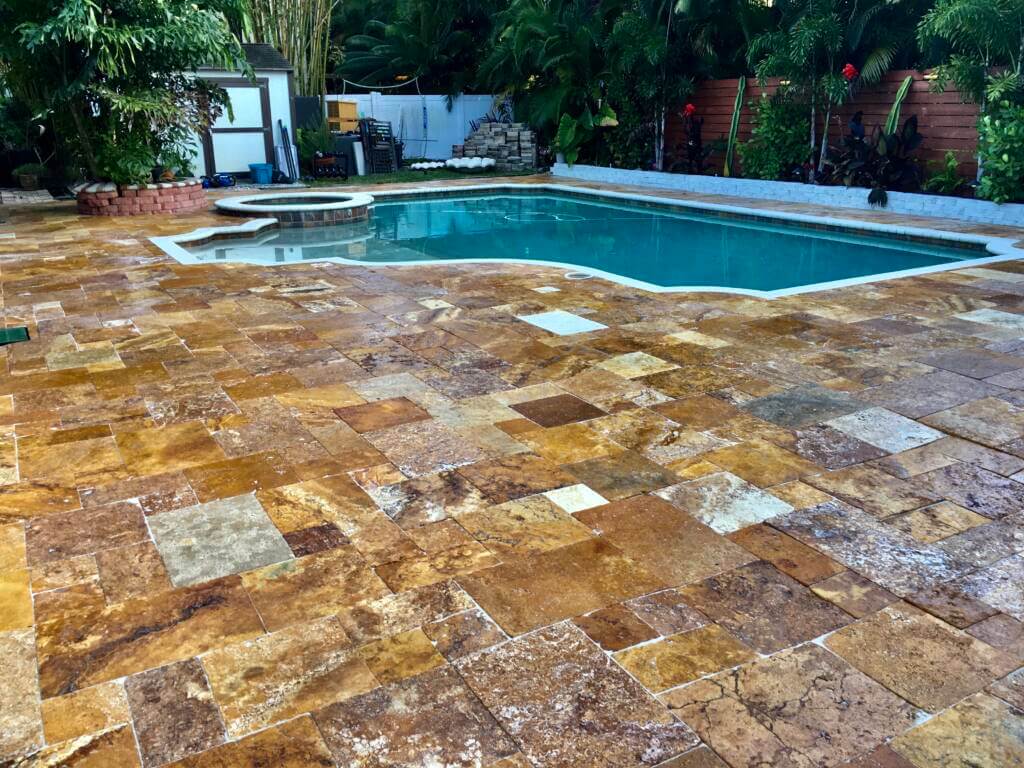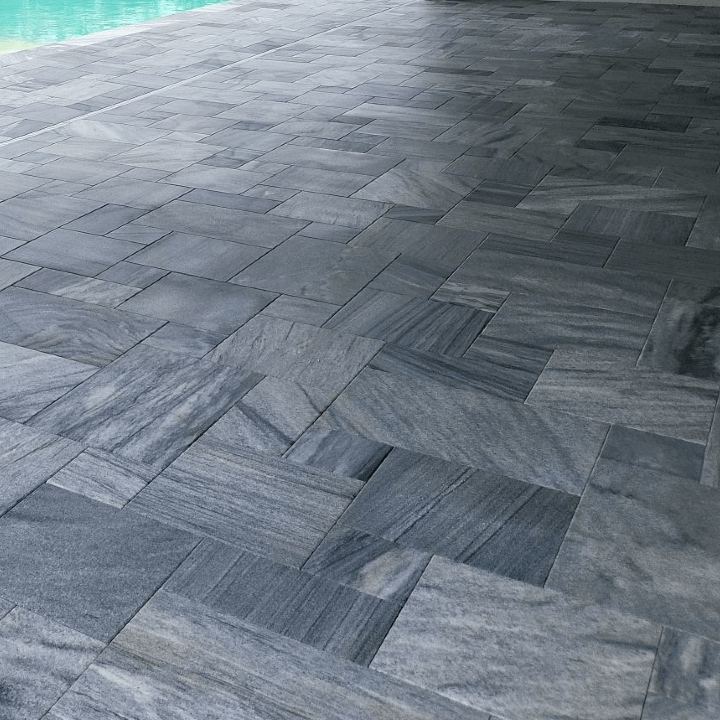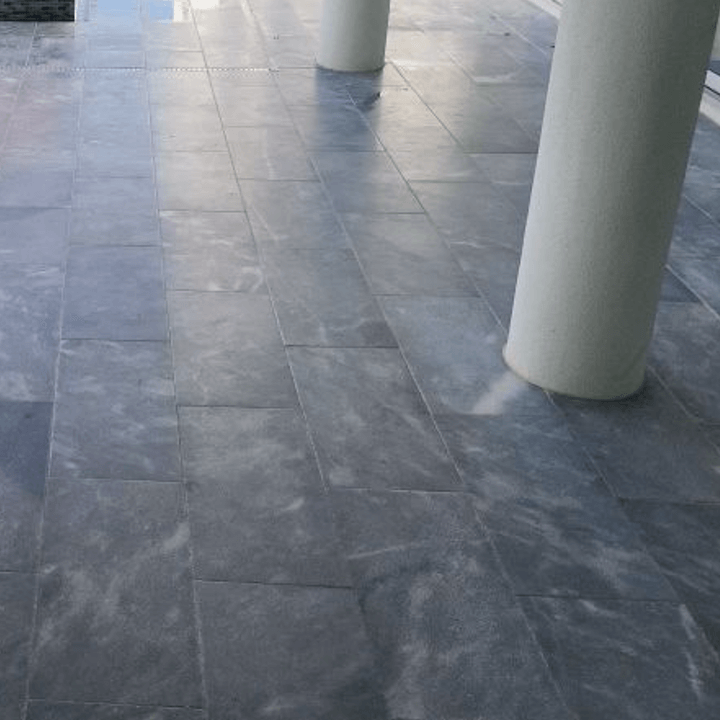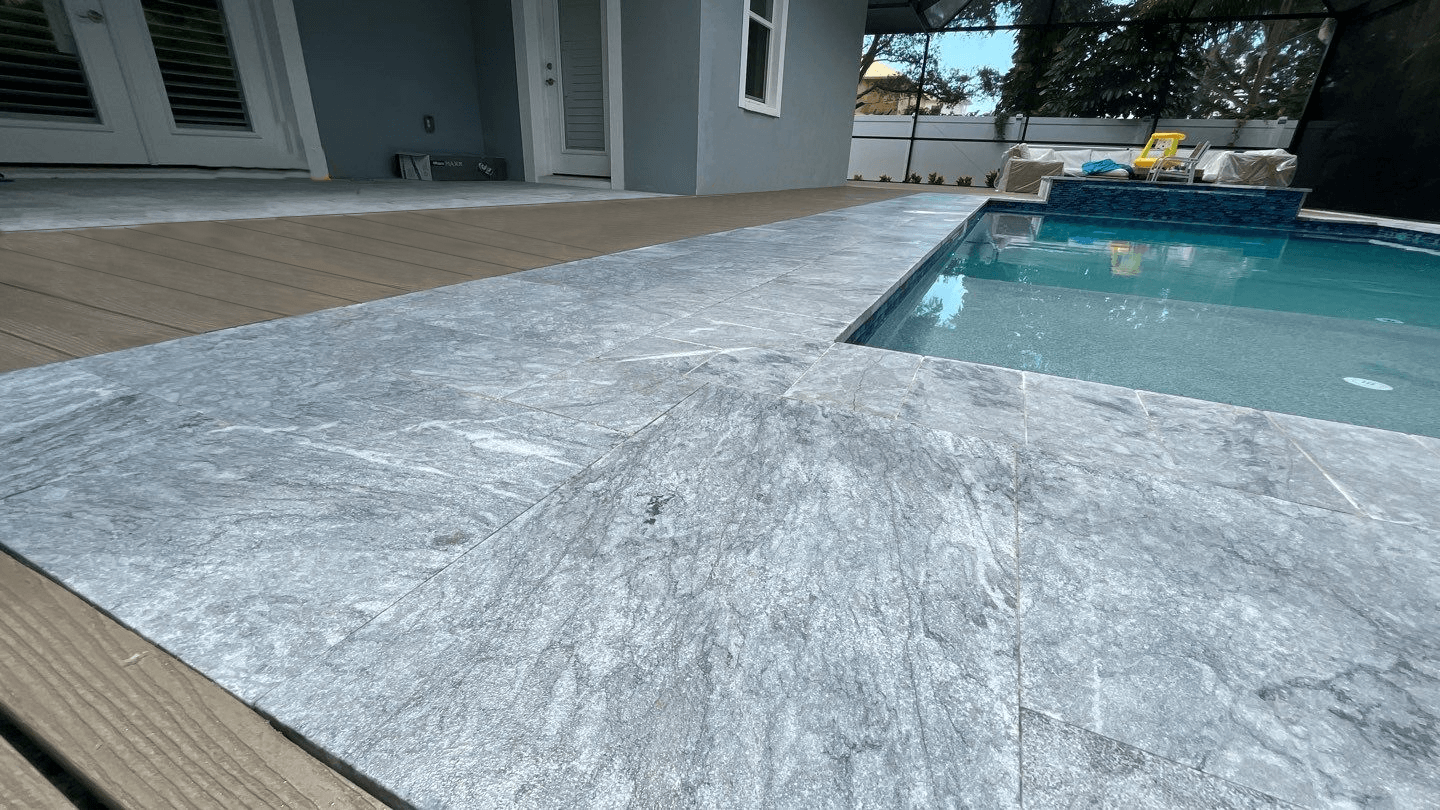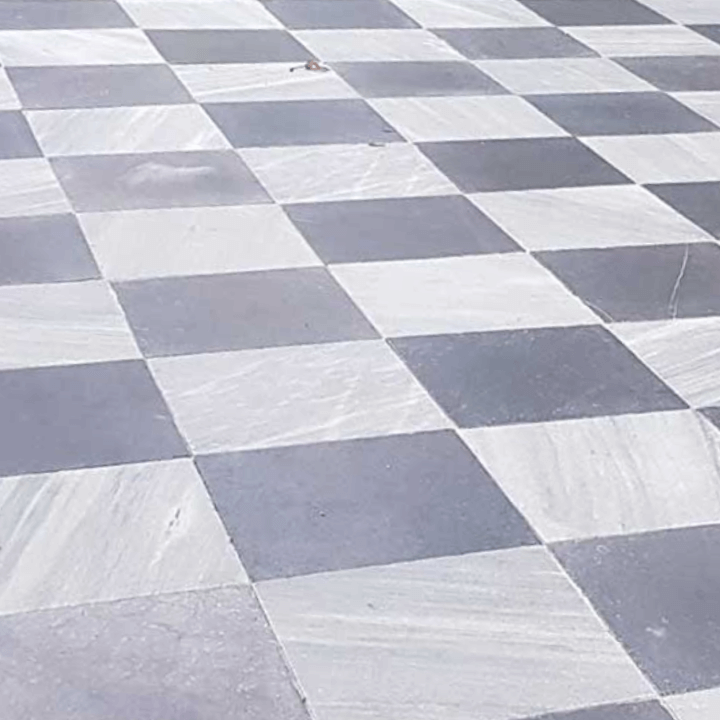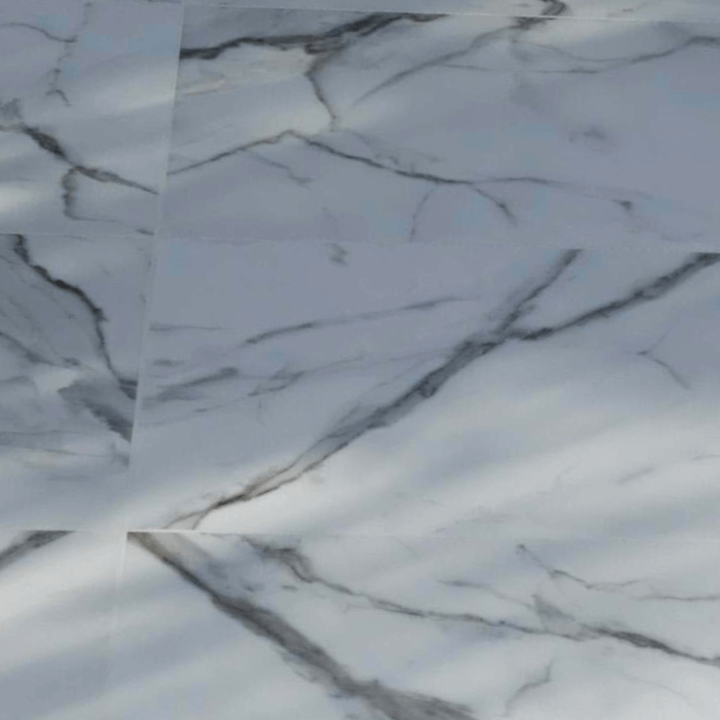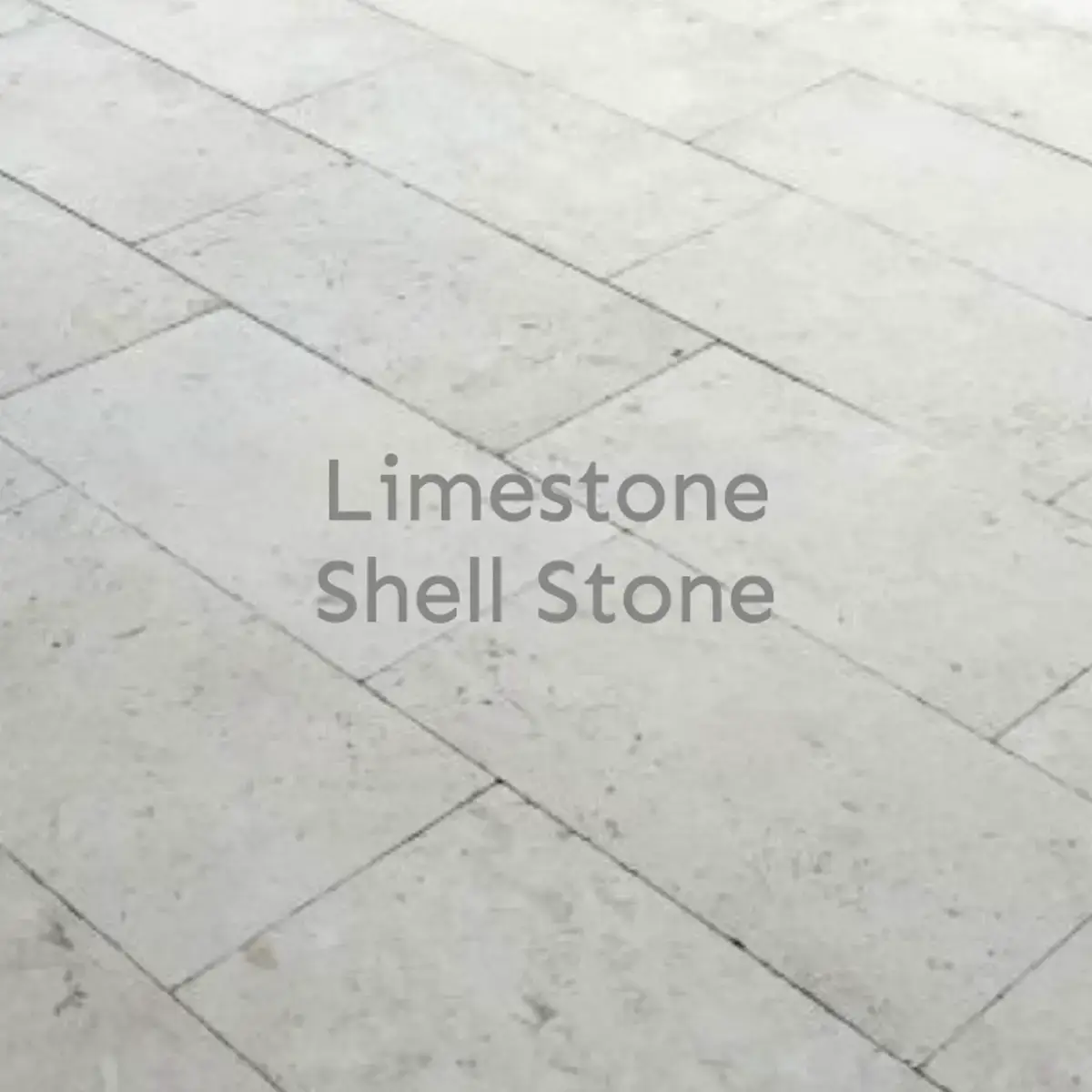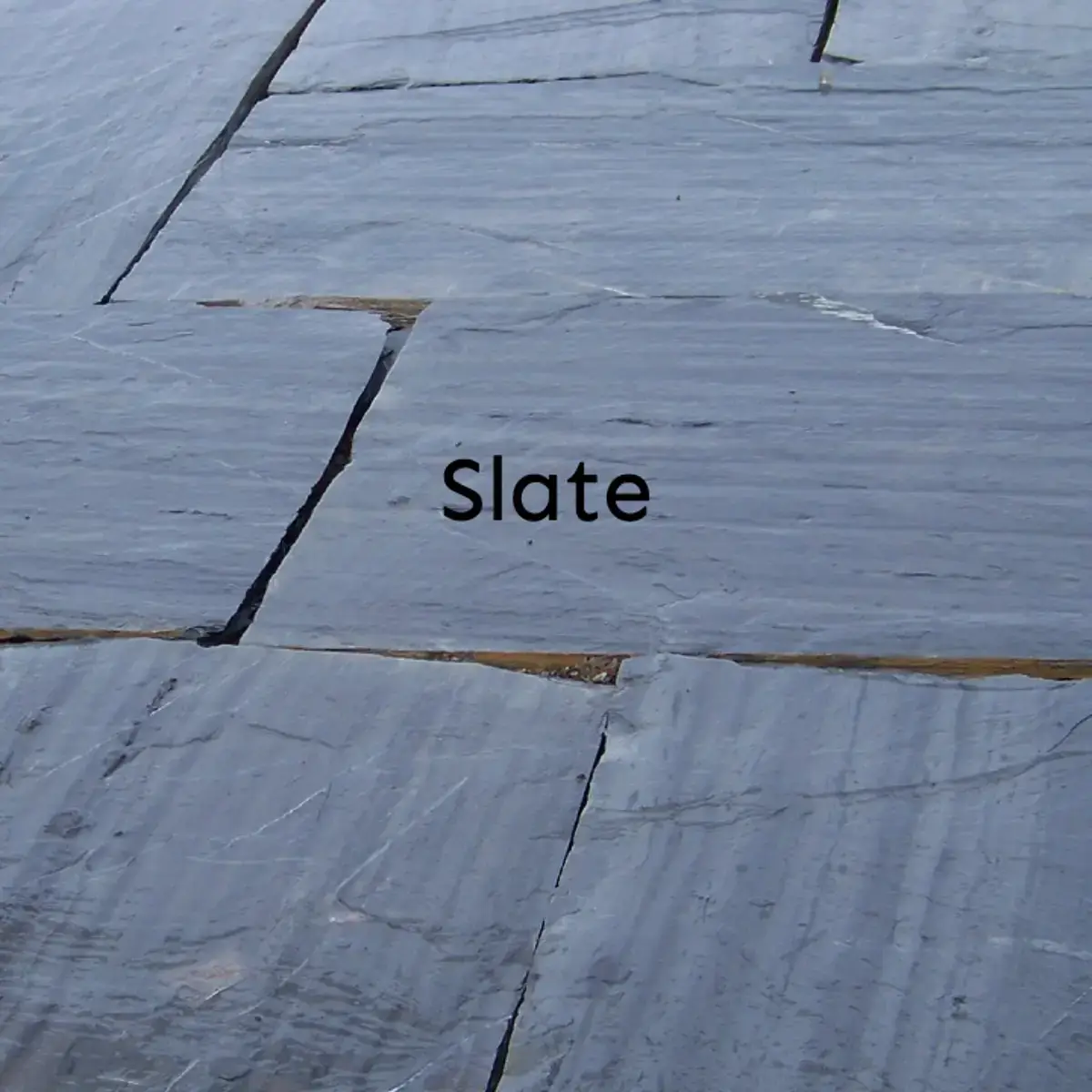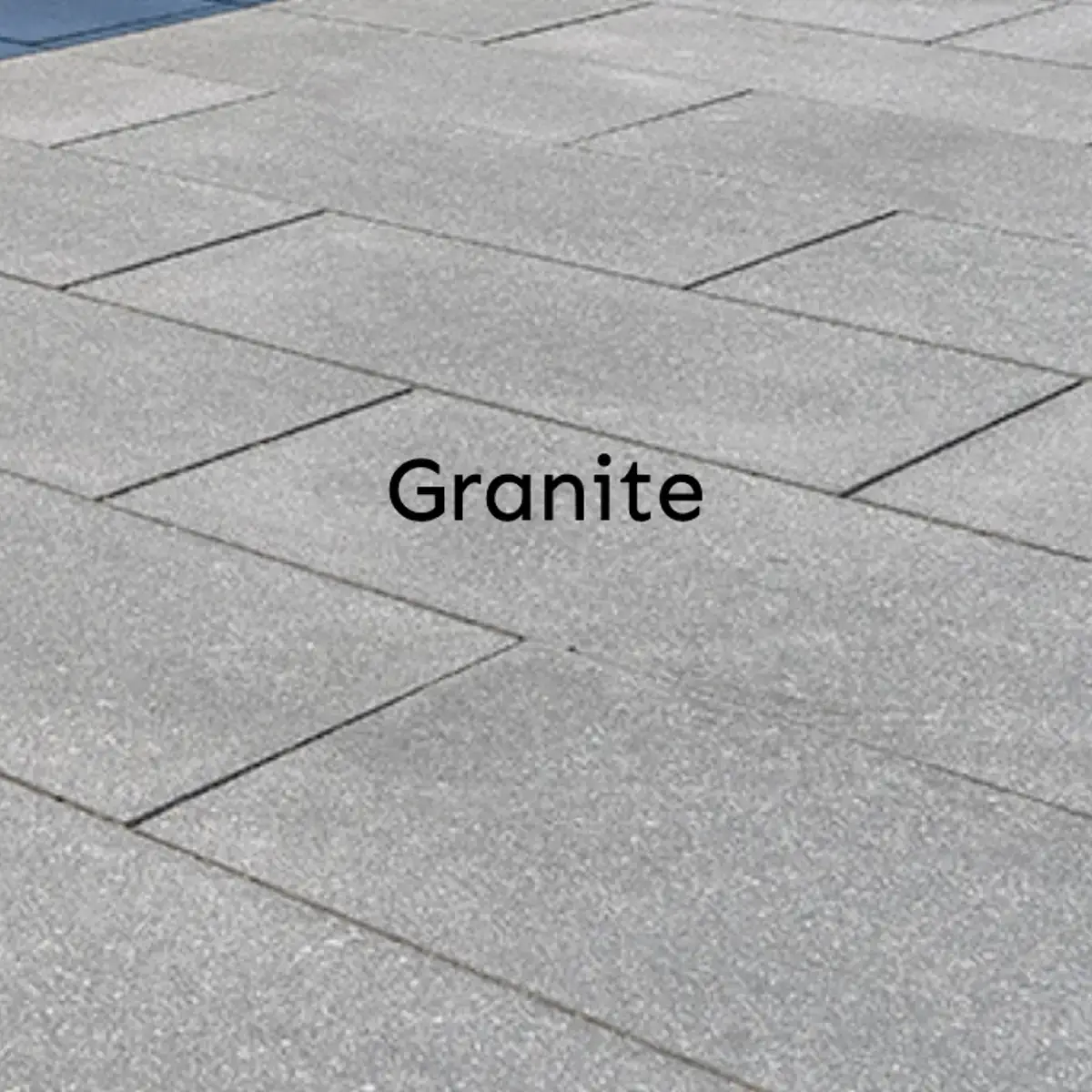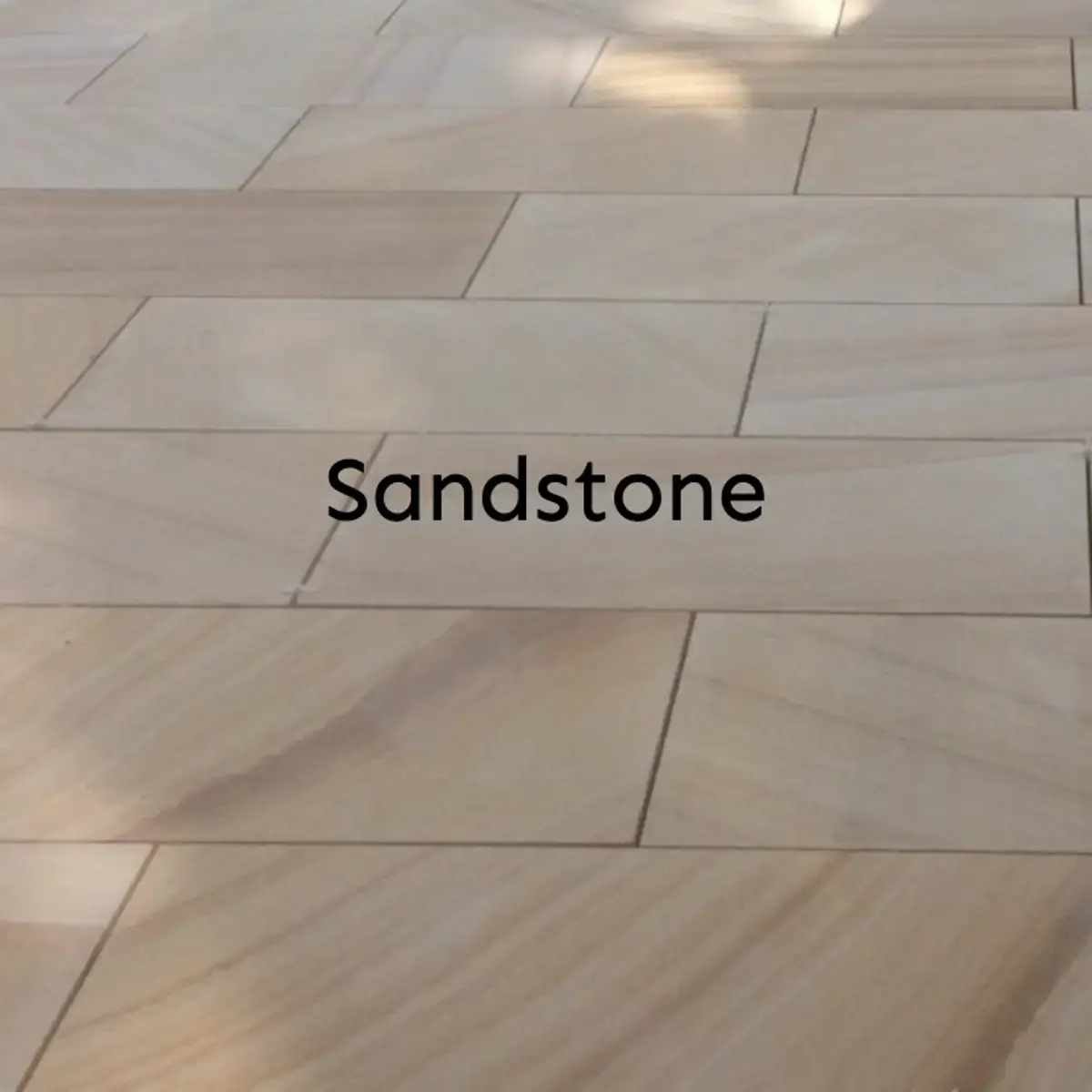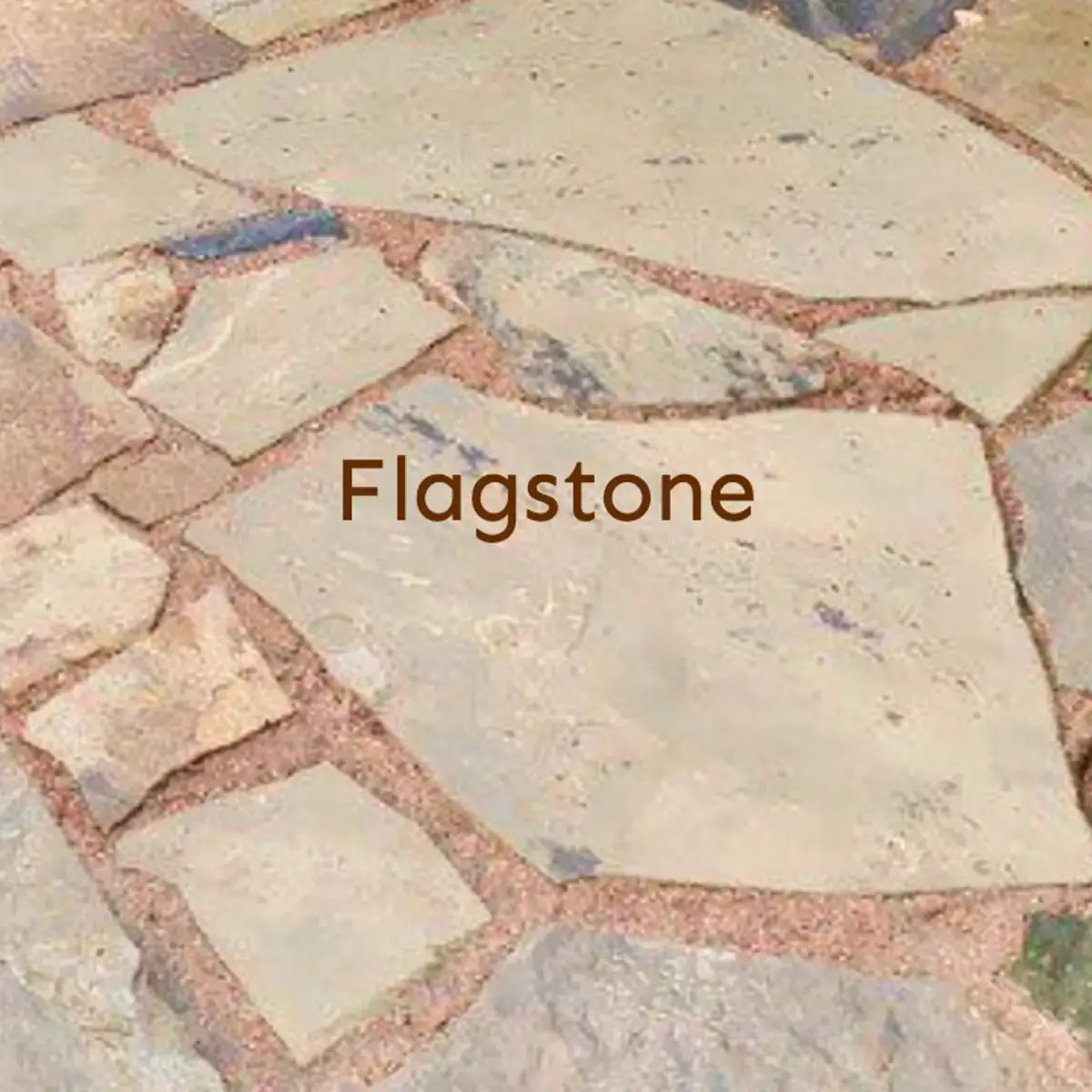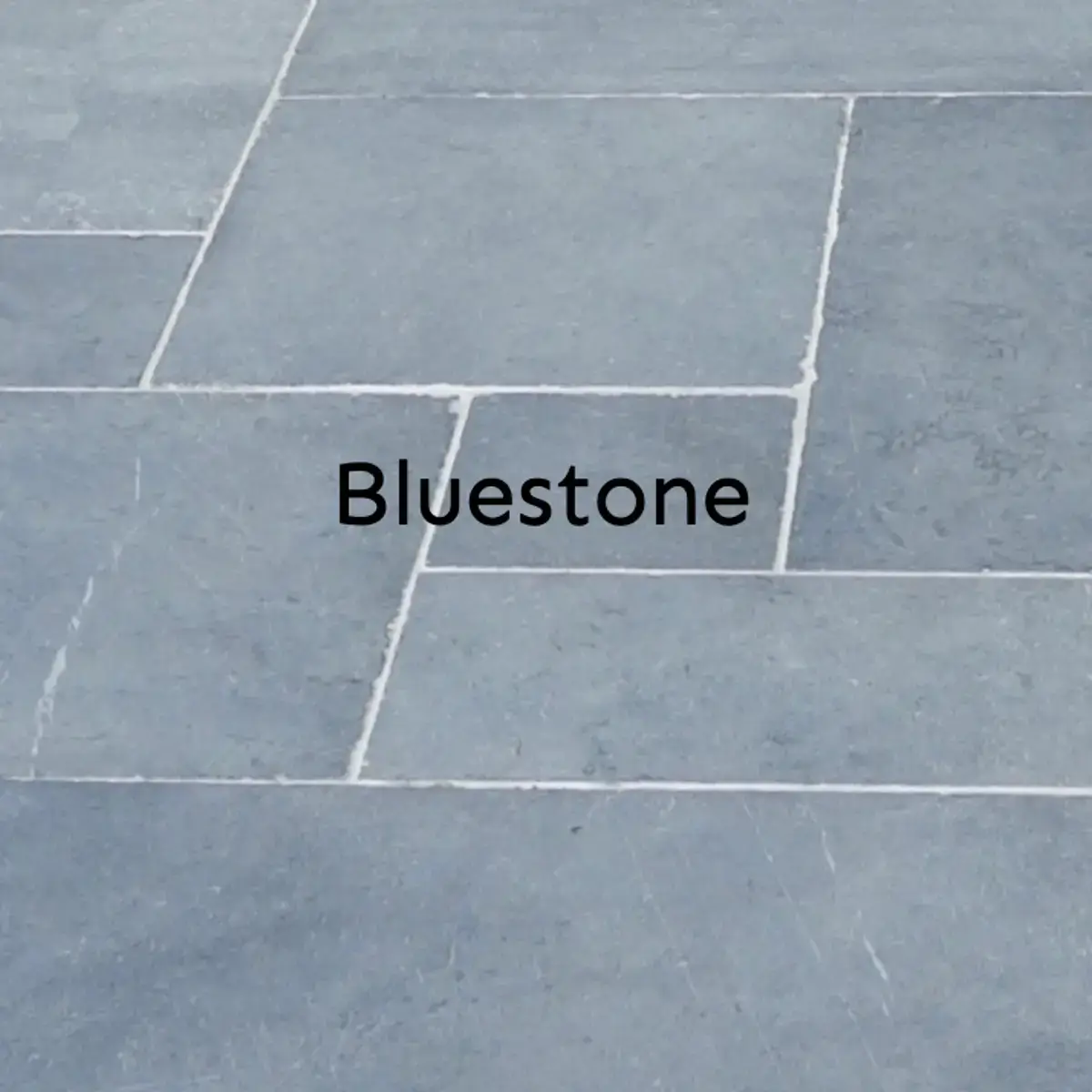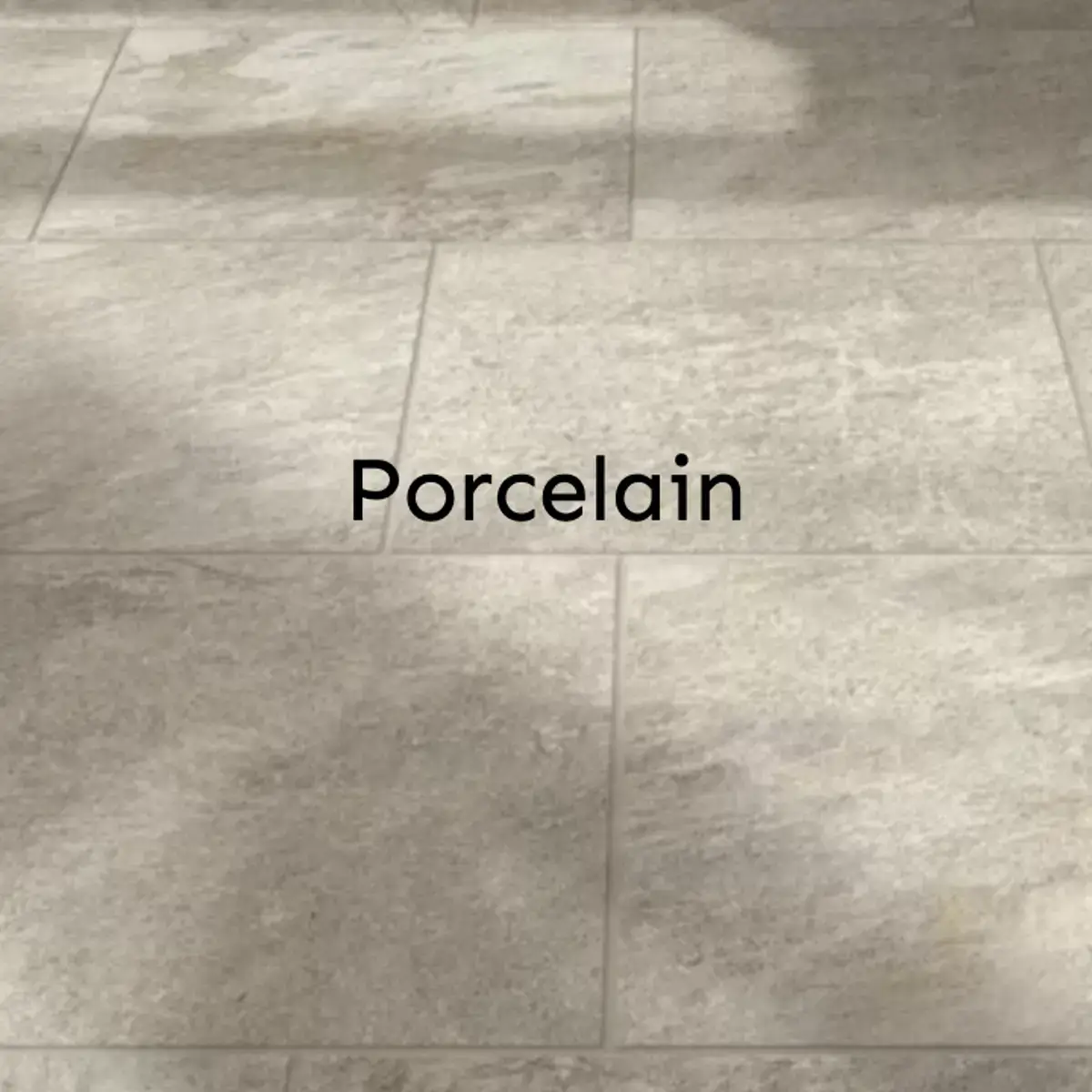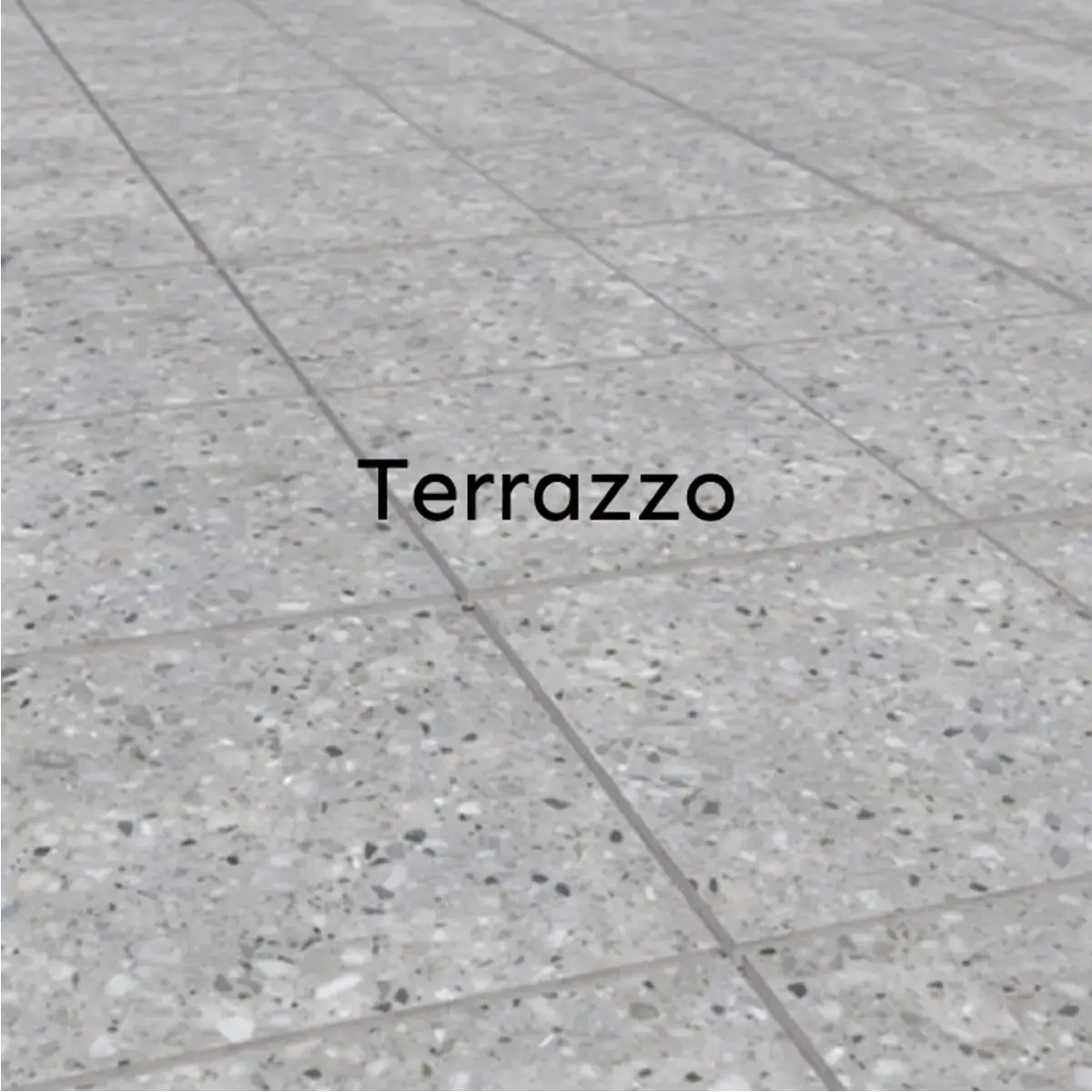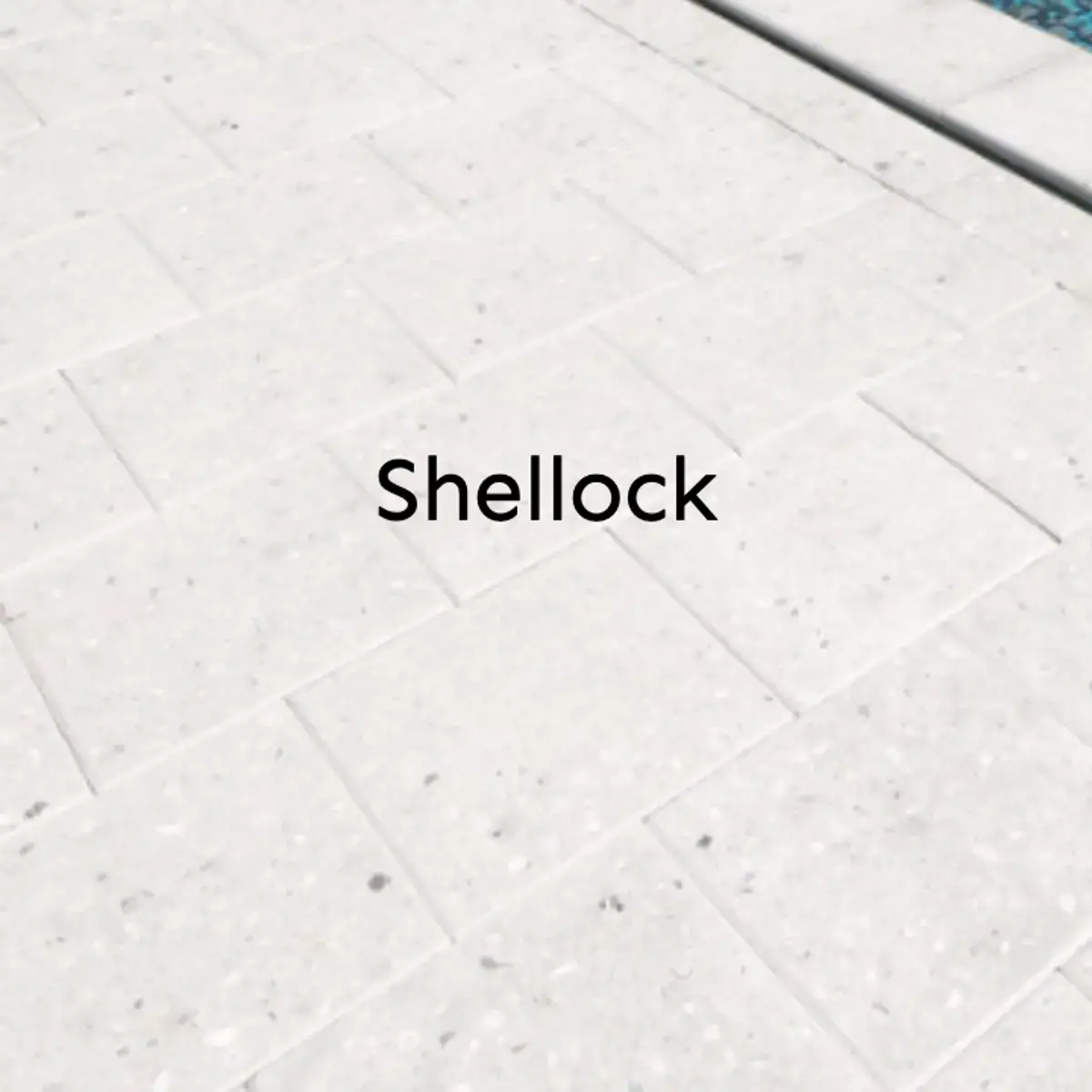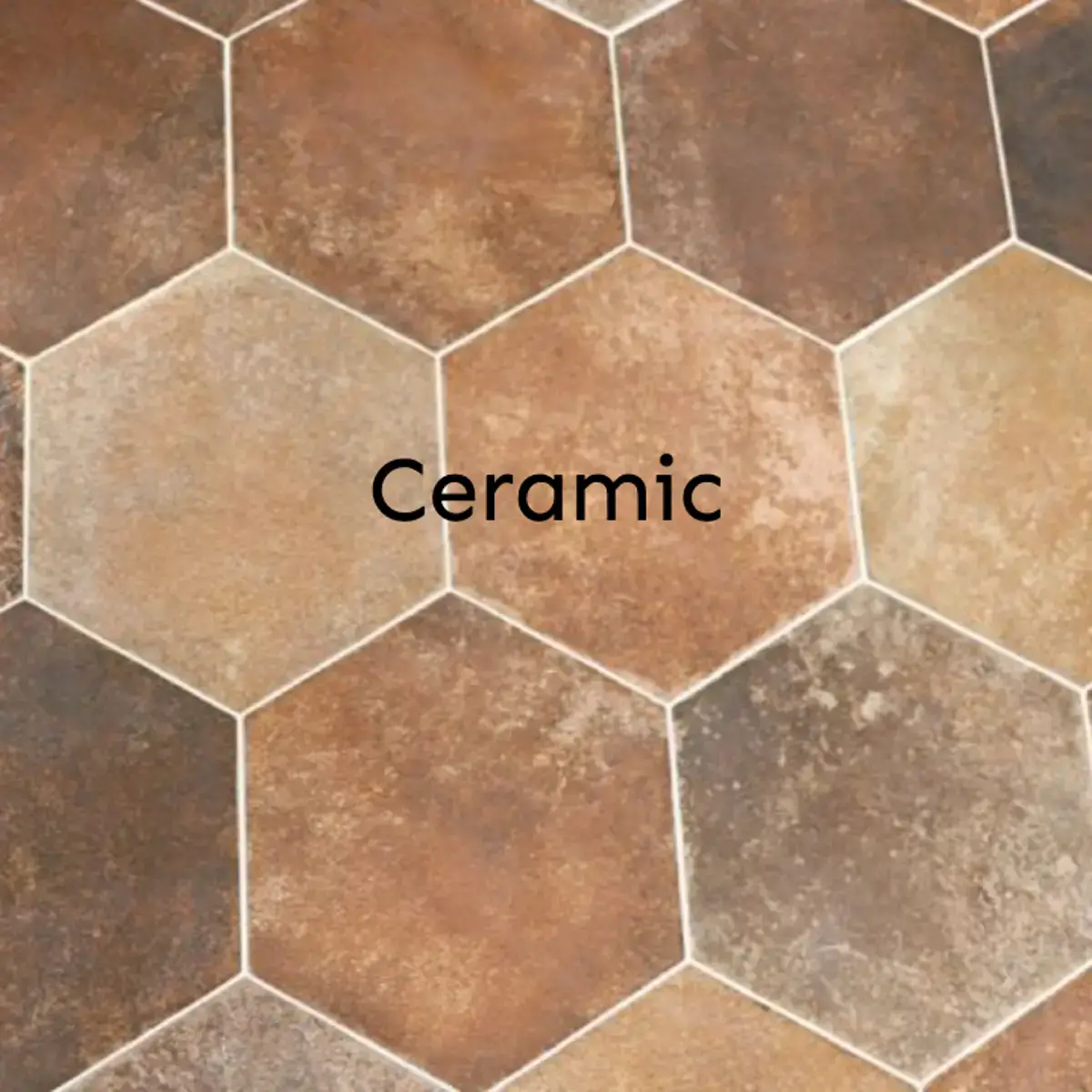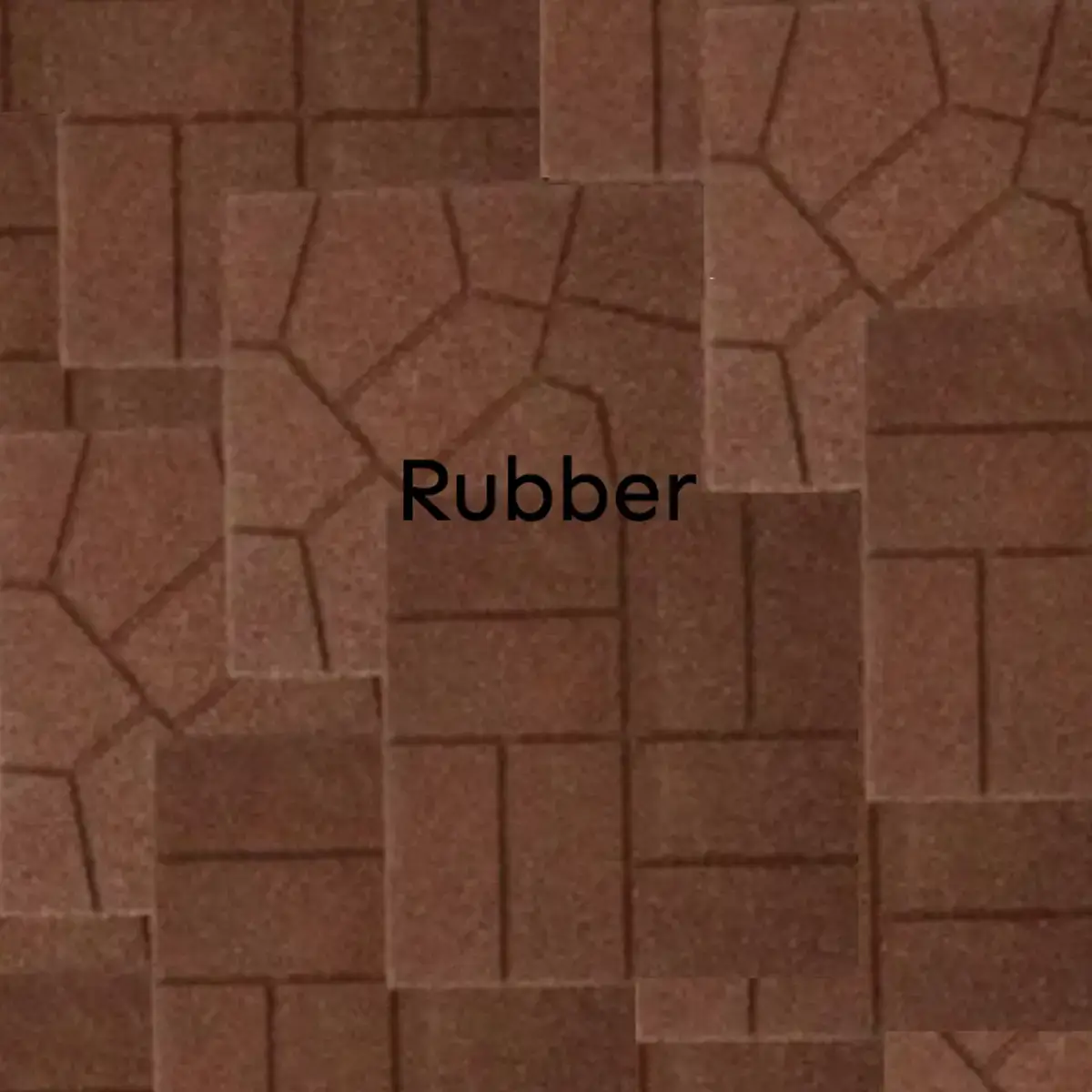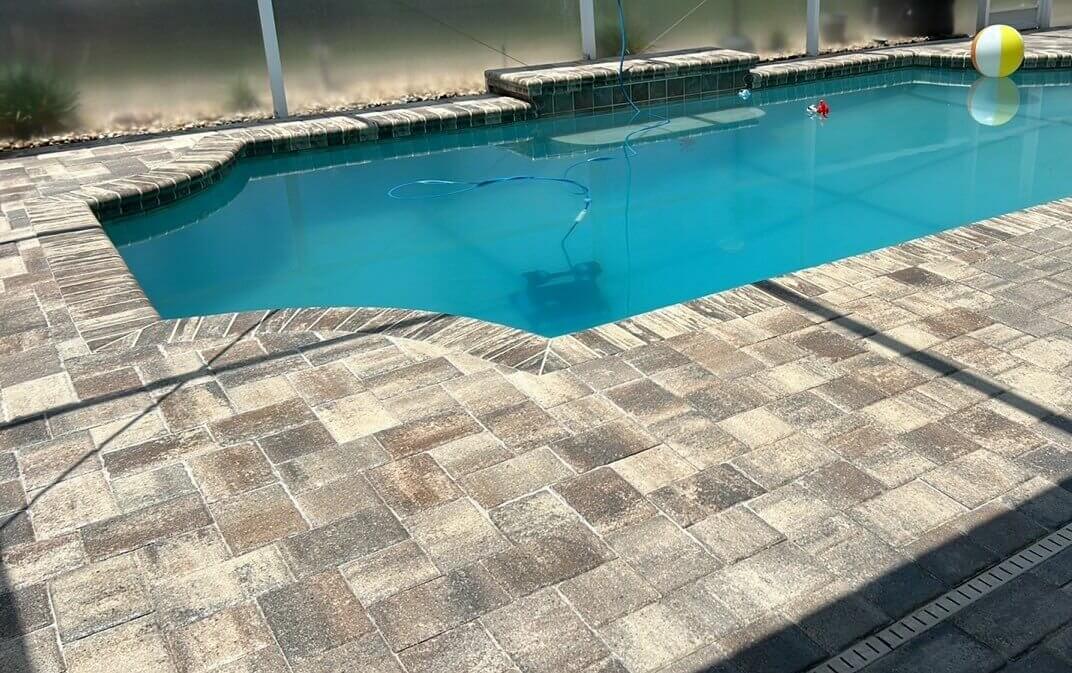
What Type of Pavers Do You Have?
Author: Criss Bageard
Have you ever asked yourself, “What type of pavers do I have?”
There are basically two types of pavers: manufactured and natural stone. Determining what type of pavers you have will begin guiding you in the right direction for sealing and maintaining your stones. Here are steps you can follow to identify your pavers:
Examine the surface texture:
Different types of pavers have different surface textures, such as smooth, rough, or textured. Starting with the texture of the paver will help narrow down the type of stone you have.
Look at the color and pattern
Pavers and other natural stones come in a wide range of colors and patterns, which can be helpful in identifying the type of paver you have.
Check the size and shape
Another clue as to what type of paver you have is the size and shape of the pavers. Brick pavers come in a wide variety of shapes, whereas natural stones are sold in square or rectangular pieces.
Check the material
Concrete, clay, natural stone, and manufactured pavers can be made from a variety of materials. Determining the material of your pavers can help narrow down the options.
Concrete Brick Pavers
Concrete Brick Pavers, commonly known as Brick Pavers, come in a wide variety of shapes, colors, textures and thicknesses. They are almost exclusively used for exterior hardscapes.
Texture
Usually rough and very porous, but can be fairly dense and moderately more smooth.
Color and Pattern
Most common shapes are rectangular, but can come in squares and other irregular shapes from forms. Colors range from reds, browns and grays and every color in between.
Material
These stones are made from cement and aggregate poured into forms, compressed and air cured. Pigments are added to the mix to give them various colors.
Uses
Concrete brick pavers are the most common paver used for driveways, patios and pool decks for their affordability and variety of colors and styles. Interlocking pavers with small gaps between them allow water to drain through.
Do I need to Seal?
Concrete pavers are not as durable as clay brick and must be sealed! UV protecting sealant will help retain the color or they will fade over time. Stains from oil, wine, dirt, mold, mildew and other organic matter will be difficult to impossible to remove if not sealed regularly.
Clay Brick Pavers
Clay Brick Pavers, commonly known as Bricks or Fired Bricks, come in a number of shapes, colors, textures and thicknesses. They are one of the longest lasting and strongest building materials, dating back over 6,000 years.
Texture
Can be found in rough and smooth textures. They are very dense stones.
Color and Pattern
Most common shapes are rectangular, but can come in squares. Colors typically range from reds to browns to buffs.
Material
These stones are made from clay mixed with an aggregate such as sand, then pressed into forms and fired in a kiln.
Uses
Load-bearing walls, roadways, driveways, patios and more use these bricks. Clay bricks are prized for their insulating properties, durability and attractiveness.
Do I need to Seal?
Bricks don’t necessarily need to be sealed unless oil or grease from vehicles or outdoor grills will be dropped on them. Due to the density of these stones, sealing can provide a high shine on smooth brick. Impregnating sealers can give a dry natural look to the stone as well.
Travertine Pavers
Travertine Pavers, also known as Travertine Tiles, are a natural stone, typically used as a luxury interior flooring but can also be used for exterior hardscapes. Travertine comes in a wide variety of shapes, colors, textures and thicknesses.
Texture
Usually smooth and very dense with porous and pitted areas.
Color and Pattern
Most common shapes for exterior use are square and rectangular pieces. Travertine comes in a wide variety of colors to fit practically any color palette. Buff, browns, grays, multi colors and every color in between.
Material
Travertine starts off as limestone and requires special circumstances with hot mineral water from geo-thermally heated hot springs and compression to develop into travertine.
Uses
Travertine pavers have a timeless natural beauty and improves the value of homes. The most common hardscape uses are patios and pool decks. Not only is travertine beautiful and durable, but it also stays cooler than pavers in hot climates. Travertine will not fade and is environmentally friendly.
Do I need to Seal?
Travertine is porous and will stain. Being made from limestone, it will need sealing. Sealing protects the stones from chemicals, acids released from organic matter and oils that will penetrate into the stone. Sealed travertine usually has a high shine that enhances the colors in the stones. Impregnating sealers will allow a natural look when sealed, either enhancing the colors without the shine or natural bare stone appearance.
Marble Pavers
Marble Pavers, also known as Marble Tiles, are a dense natural stone used for interior luxury floors, countertops, bathrooms, and facades. It is also used for refined hardscapes. Marble comes in a couple of shapes, colors, textures and thicknesses.
Texture
Usually very smooth in texture. Sandblasted marble are textured and are slip-resistant. They are very dense stones.
Color and Pattern
Most common shape is square, but also comes in rectangular cuts. Colors range from blurry and milky white to black and greens and reds.
Material
These stones are made from sedimentary stone like limestone and travertine. Through long-term pressure and heat, the stone transforms and recrystallizes, becoming stronger and denser.
Uses
Marble is much tougher than other stones, making it an ideal choice for interior and exterior purposes. Marble is clean and elegant and cool to the feet on pool deck patios.
Do I need to Seal?
Sealing is recommended yearly by manufacturers. Like limestone, marble can be eroded by acidic substances and water. Impregnating sealers will not change the texture of the stones. “Penetrating” or topical sealers are not recommended due to the density of these stones. These sealers do not bond properly and will peel or flake off.
Unmatched Experience
At Paver Seal Tampa, we have years of experience in helping to restore your property’s pavers. We are an honest, hard-working team who make your satisfaction our top priority. If you are looking to regain that eye-popping curb appeal for your home, get in touch with our family owned and operated company today for a complimentary estimate.
Other Natural Stone Pavers
So you still don’t see your type of pavers? These stone are also used as exterior pavers.
Type and Use
Natural Stone Pavers include, Limestone, Shellstone, Slate, Granite, Sandstone, Flagstone, Bluestone and more. Natural stone is used for interior walls and flooring and exterior hardsapes. They are eco-friendly being sourced directly from the earth. Plus, they can be laid so that rainwater drains through joints, recharging the ground without damaging the pavers.
Should I seal?
Like travertine and marble, most natural stones can be eroded by acidic substances and water. Check with the supplier for sealing recommendations. Impregnating sealers will not change the texture of the stones, but will protect from staining. “Penetrating” or topical sealers are not recommended for many of these stones due to the density of these stones. These sealers do not bond properly and will peel or flake off.
Other Manufactured Pavers and Tile
So you still don’t see your paver type? These manmade pavers are also used for outdoor spaces.
Type and Use
Manufactured stones like concrete pavers and fired bricks are not the only pavers available for exterior use. Porcelain, Terrazzo, Shellock, Ceramic, High-Density Plastic Resin and Rubber Pavers are others homeowners use outdoors. These are less eco-friendly, but will hold up well with exterior use.
Be aware that many of the manufactured stone will have names or descriptions similar to the natural stone they mimmic. So read carefully and ask questions if you are purchasing for a new hardscape.
Should I seal?
Of the above listed, Porcelain, Shellock, Terrazzo and Ceramic are hardscapes manufacturers recommend sealing. The protection is not from wear, but from absorbing liquids that can stain. Ask for the manufacture’s recommendations on which sealant is best for your type of stone.
Trying to identify your paver can be tricky
With so many manufactured stones and natural stones that look similar, you may have to be a bit of a detective. Also, the paver type may not be in the name alone. Many of the manufactured stones will have names or descriptions similar to the natural stone. So read carefully and ask questions if you are purchasing a new hardscape. Take a close look at the coloring and feel the texture to help determine what type of paver you have.
Sealing Pavers
Knowing the type of paver is important when it comes to sealing them. Sealants are not one size fits all and do not adhere the same to all pavers. Once you know what your pavers are made of, and what the manufacturer recommends, you should be able to determine the best sealant for your stones and the climate they are subject to daily.
Are you still unable to identify your pavers? Try looking for other information online or contacting a local paver supplier or contractor for assistance. Taking a spare paver to a hardscape provider may be your best bet in identifying your paver type.
Ready to take your pavers to the next level?
Take the next step towards beautiful, protected pavers and ensure you receive the best service tailored to your needs. Fill out the request quote form today to start the journey towards revitalizing your outdoor space!
When you submit the form we will reach out right away to discuss your project, or Schedule a Call to get started at a time that works best for you.
You’re always welcome to call us at 813-480-9093 and speak with us now
Contact Our Office Today
We welcome the opportunity to exceed your expectations. Contact our office today for a FREE quote!

